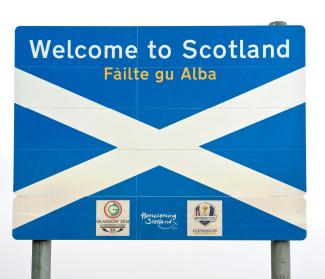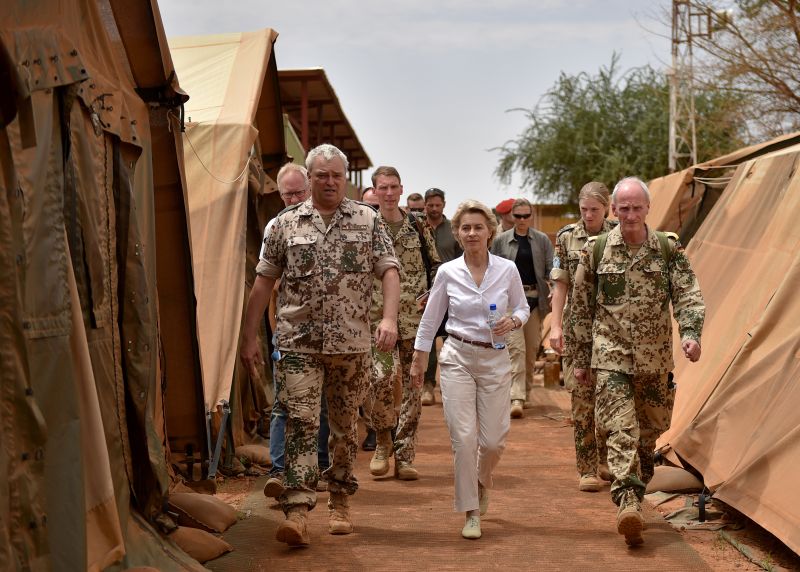Editorial
Irresponsible power politics

In Europe’s north-west, such thinking is unlikely to lead to bloodshed soon. In Europe’s south-east, however, it has already done so. Before Ukraine’s struggle with Russian-speaking separatists, Europe had only seen war once after 1945: when Yugoslavia was torn apart by ethnicity-driven violence. Even some people in Germany now think that Russian President Vladimir Putin is bravely standing up to western imperialism. That is nonsense. They should ask Chechens about his ideas concerning ethnic self-determination.
Humankind is facing tremendous collective challenges, including, among others, climate change, the control of diseases and ending poverty. What we need is cooperation across borders, not new borders. Dividing lines must be overcome, not emphasised. Our future depends on people working together in spite of different identities, not the assertion of one identity being incompatible with another.
The belief that Sunnis cannot co-exist with Shias has become deadly in too many countries. In Libya, all Muslims are Sunnis, but they belong to different tribes, and that too is motivating murder. Distinguishing Hutus from Tutsis was at the root of genocide in Rwanda and years of civil war in neighbouring Burundi. While it is relatively easy to kindle violence, it is very hard to find peace and facilitate sustainable development. Even the establishment of a new sovereign state often fails to bring that about. After gaining independence, South Sudan and Eritrea soon plunged back into war. Neither is prospering today.
The idea of nationhood is quite blurry. In some cases, religion is the defining characteristic, in others language, in yet others culture or history. What nationalism tends to neglect, however, is that human beings have more than one identity.
Neel Kashkari is currently running for governor in California. He is Hindu – and Hinduism is certainly not the standard faith of conservative Americans. Mesut Özil is of Turkish background and he was a member of Germany’s world-cup winning team in Rio de Janeiro in July. His employer is FC Arsenal. Özil is facing some scepticism in London, but not because of his ethnic or religious background. The reason is the huge sum (more than € 50 million) Arsenal invested in his transfer from Real Madrid. Scots, by the way, have multiple identities too. David McAllister is a German member of the European Parliament for the conservative Christian Democrats. He is citizen of both Germany and the UK. His father was a British officer who was based in West Berlin.
It is absurd to deny people multiple identities. It ultimately means depriving everyone of the freedom to develop on’'s personality on the basis of more than one identity. And it plays into the hands of those who exploit identities for irresponsible power politics. Simplistic slogans are no adequate response to the challenges our species must rise to.
Hans Dembowski is editor in chief of D+C Development and Cooperation / E+Z Entwicklung und Zusammenarbeit.
euz.editor@fs-medien.de










